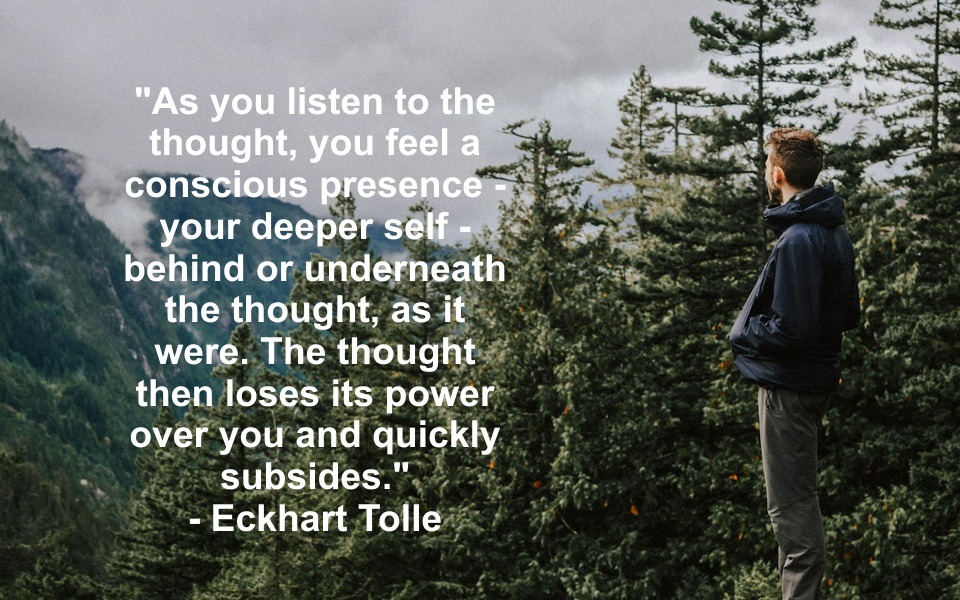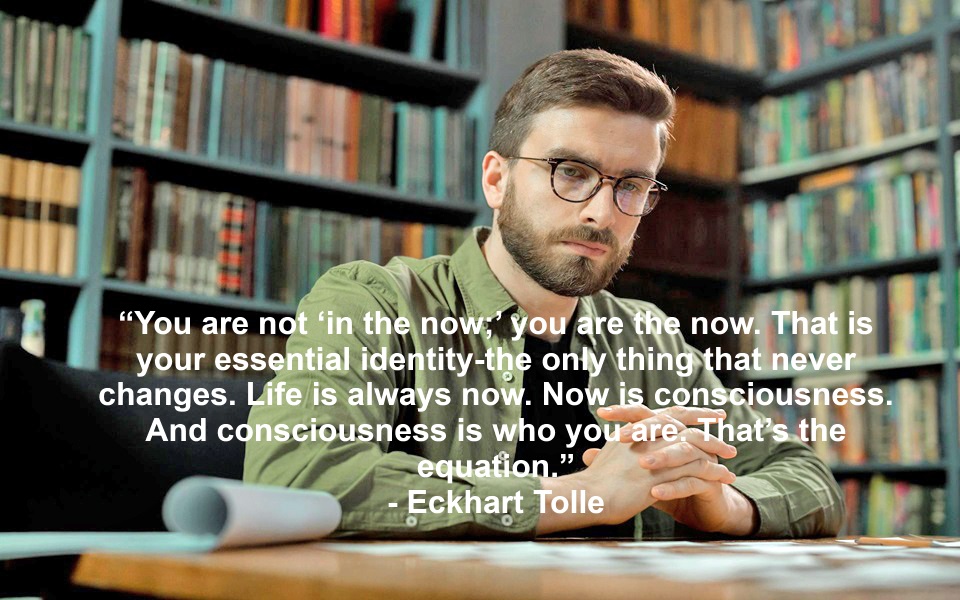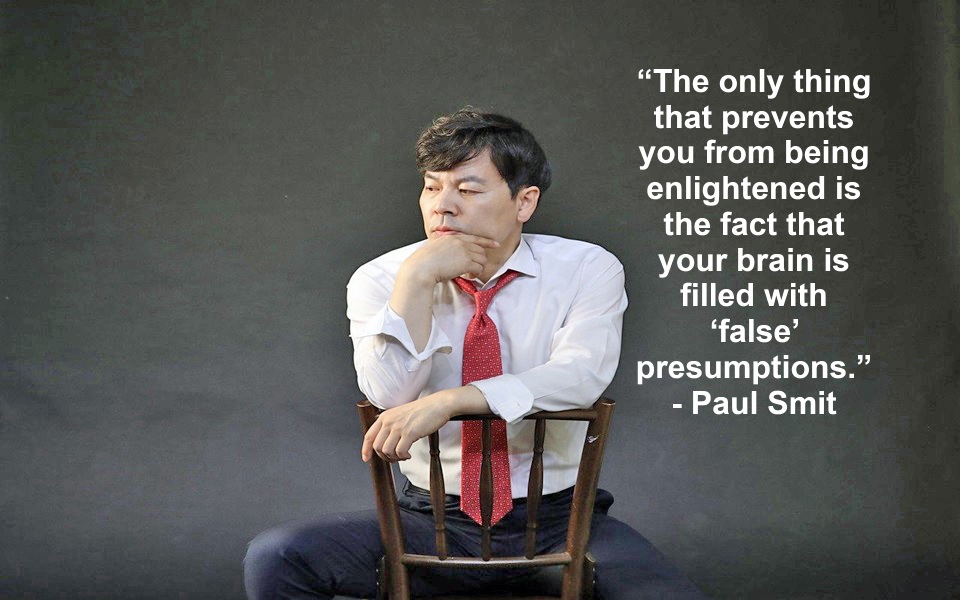Are you familiar with this proverb? The first documented use of this adage was in 1576 by Richard Edwardes. The passage is found on page 88 of his written work “The Paradise of Danty Devices”. This is the excerpt from the page as written in Early Modern English. “For want is next to waste, and shame doeth synne ensue.” There was a slight revisal of the saying that became popular around 1772. “Willful waste makes woeful want.” The wisdom of this axiom is obvious. And, the benefits of conservation are apparent relating to all aspects of our existence. Nevertheless, people are notorious for having behavior patterns that are completely the opposite of sensible and thrifty.

Let’s inquire into energy efficiency pertaining to your presence in the vast nothingness of the universe. Your and our focus is to consciously acknowledge and conserve universal energy. The first law of thermodynamics is useful to illustrate the vibrations and flow of universal energy. Likewise, the Law of Conservation of Energy states that energy cannot be created or destroyed, but instead transfers from one form to another. In simpler terms, the total amount of energy in an isolated system remains constant. To paraphrase, the universal is a system that entails the transformation of energy unbiasedly transferring from object to object. Perhaps, this insight will answer the question that some people ask. What is universal oneness? Continue reading


















